This is a new history of the Austro-Prussian-Italian War of 1866, which paved the way for German and Italian unification. Geoffrey Wawro describes Prussia's successful invasion of Habsburg Bohemia, and the wretched collapse of the Austrian army in July 1866. Blending military and social history, he describes the panic that overtook Austria's regiments in each clash with the Prussians. He reveals the blundering of the Austrian commandant who fumbled away key strategic advantages and ultimately lost a war--crucial to the fortunes of the Habsburg Monarchy--that most European pundits had predicted they would win.
Geoffrey Wawro Books
Geoffrey Wawro is a distinguished military historian whose work spans from the French Revolution to the present day. He delves into the intricacies of modern and contemporary military history, examining pivotal conflicts and eras that have shaped the global landscape. Wawro's scholarship offers profound insights into military strategies, the political ramifications of warfare, and the societal transformations engendered by conflict. His analyses provide a deep understanding of the complexities inherent in military history and its enduring impact on humanity.
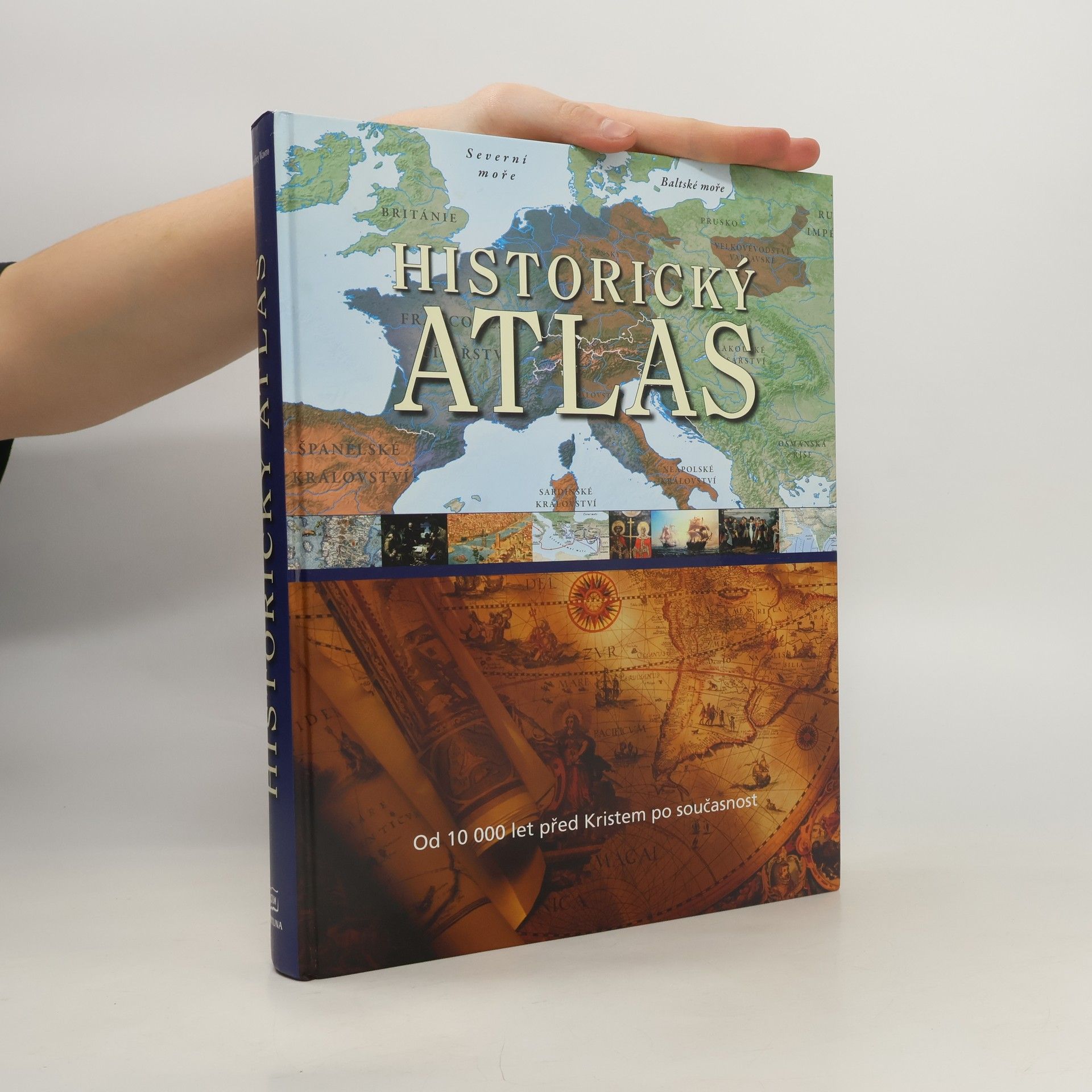
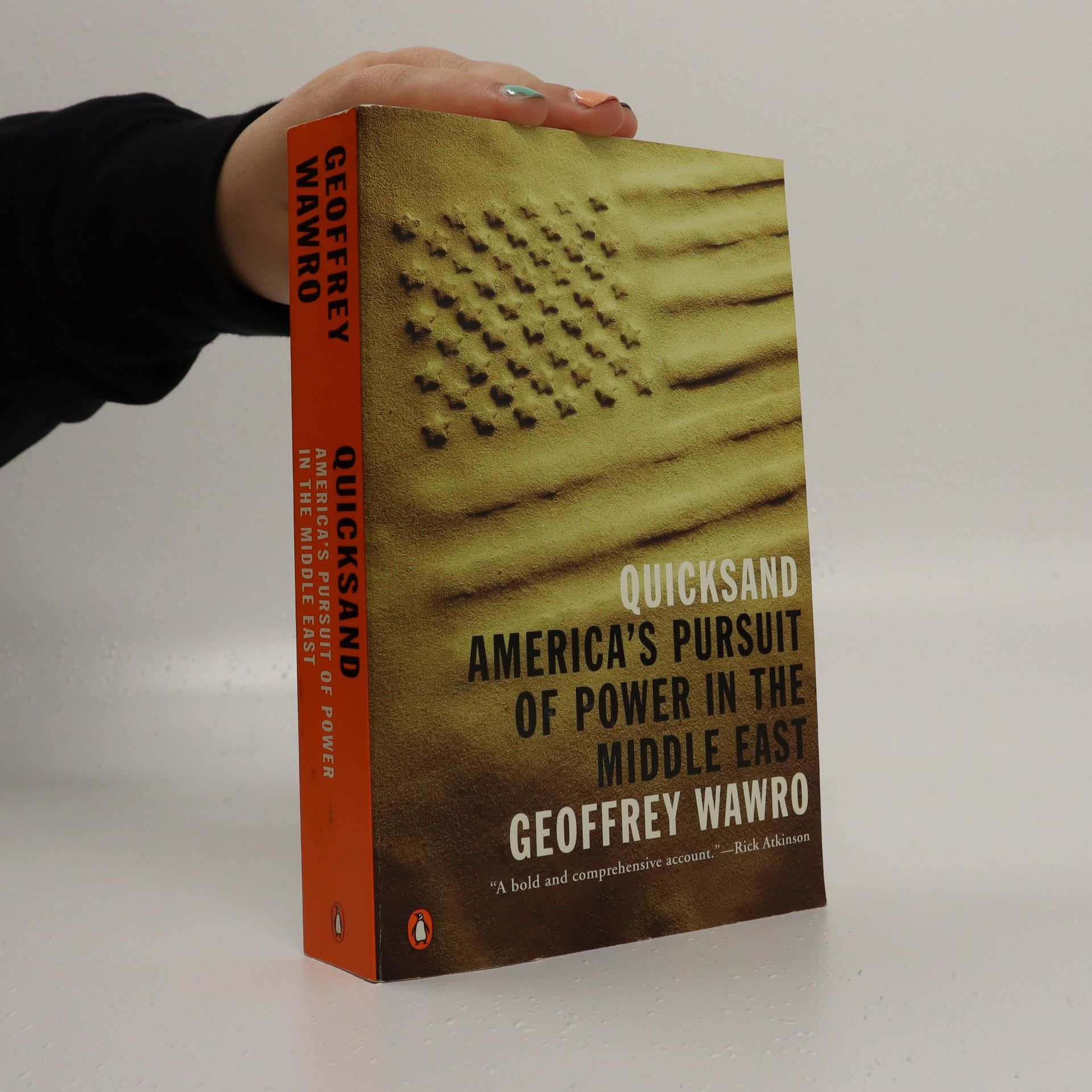
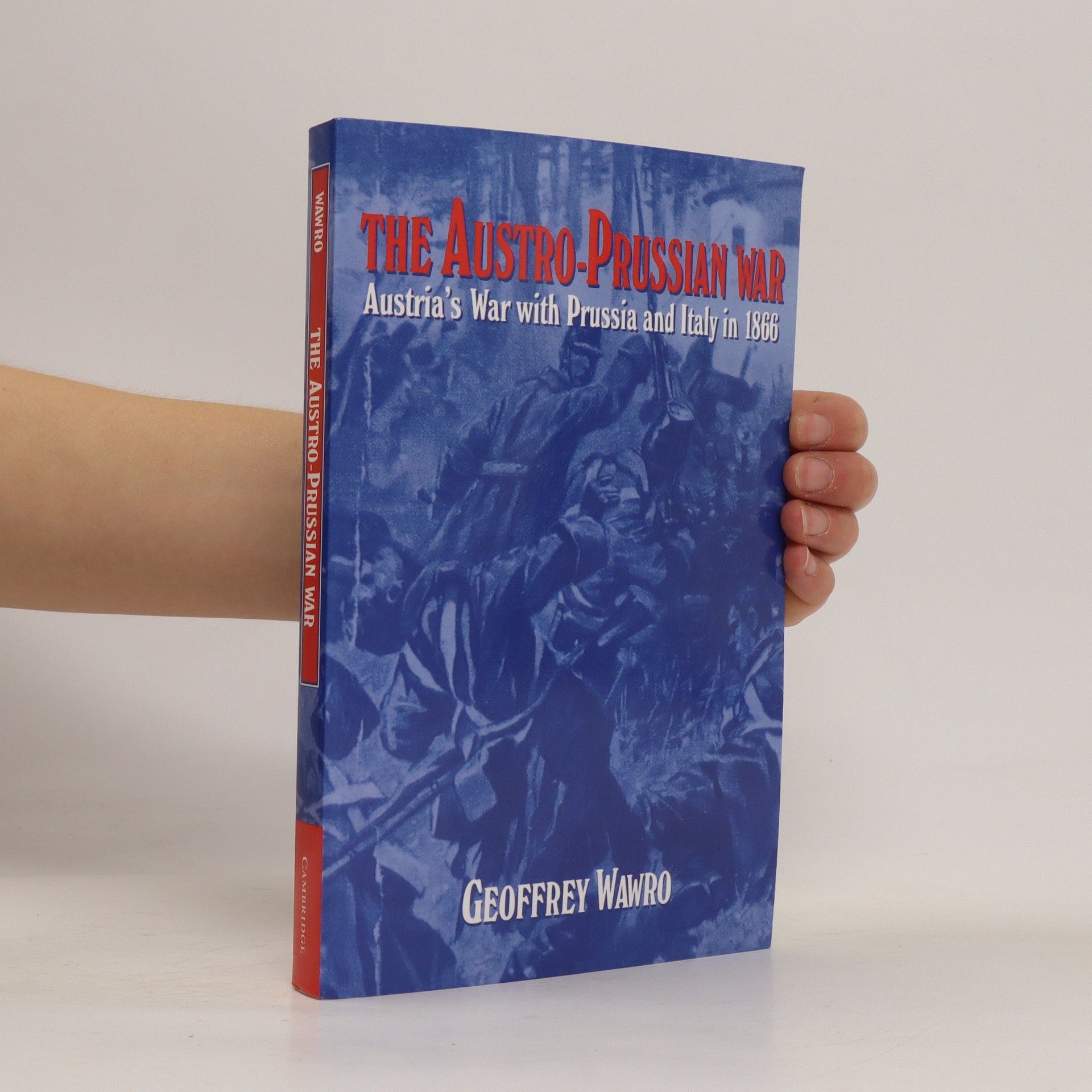
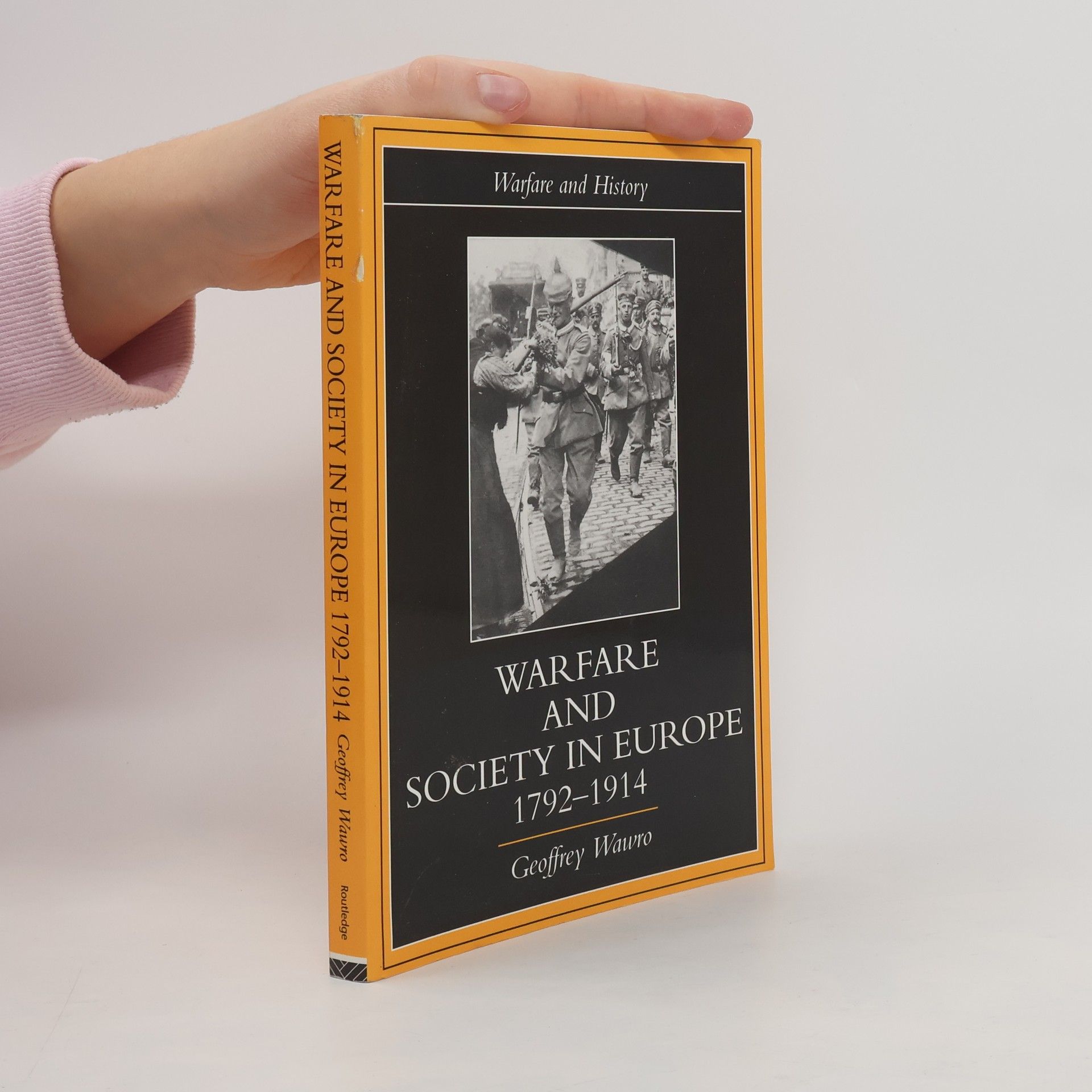
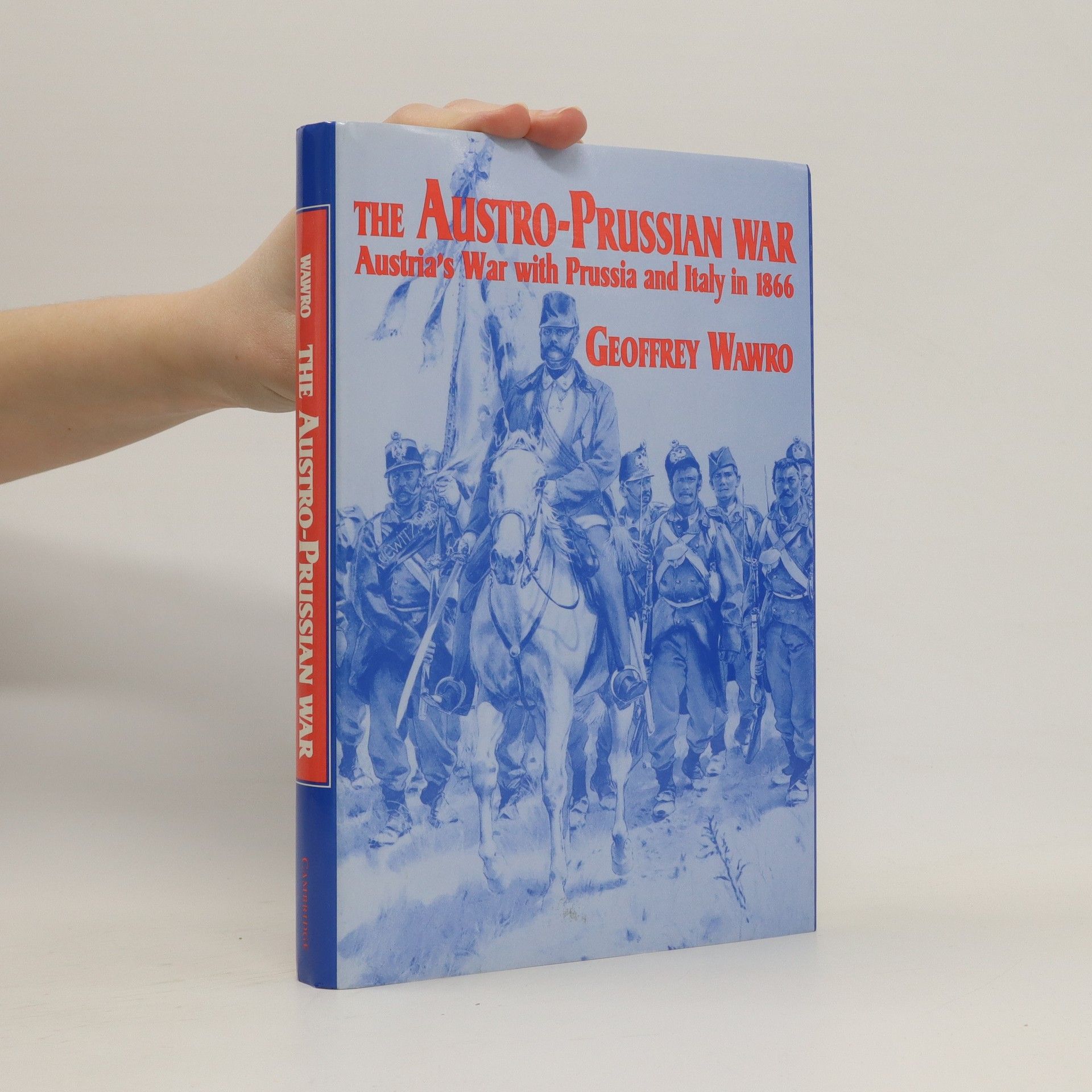
Warfare and Society in Europe, 1792-1914
- 260 pages
- 10 hours of reading
Combining original research with the latest scholarship Warfare and Society in Europe, 1792 - 1914 examines war and its aftermath from Napoleonic times to the outbreak of the First World War. Throughout, this fine book treats warfare as a social and political phenomenon no less than a military and technologial one, and includes discussions on: * The French Revolution and the Napoleonic Wars * Napoleon III and the militarization of Europe * Bismark, Molkte, and the Franco-Prussian War, 1870-71 * new technologies and weapons * seapower, imperialism and naval warfare * the origins and outbreak of the First World War. For anyone studying, or with in interest in European warfare, this book details the evolution of land and naval warfare and highlights the swirling interplay of society, politics and military decision making.
The Austro-Prussian War
- 329 pages
- 12 hours of reading
This is a history of the Austro-Prussian-Italian War of 1866, which paved the way for German and Italian unification. It is based upon extensive new research in the state and military archives of Austria, Germany, and Italy. Geoffrey Wawro describes Prussia's successful invasion of Habsburg Venetia, and the wretched collapse of the Austrian army in July 1866. Although the book gives a thorough accounting of both the Prussian and Italian war efforts, it is most notable for the light it sheds on the Austrians. Through painstaking archival research, Wawro reconstructs the Austrian campaign, blow-by-blow, hour-by-hour. Blending military and social history, he describes the terror and panic that overtook Austria's regiments of the line in each clash with the Prussians. He reveals the unconscionable blundering of the Austrian commandant and his chief deputies who fumbled away key strategic advantages and ultimately lost a war - crucial to the fortunes of the Habsburg Monarchy - that most European pundits had predicted they would win.
Quicksand : America's pursuit of power in the Middle East
- 702 pages
- 25 hours of reading
An unprecedented history of American involvement in the Middle East. In this definitive and revelatory work, noted historian Geoffrey Wawro approaches America's role in the Middle East in a fundamentally new way-by encompassing the last century of the entire region rather than focusing narrowly on a particular country or era. With verve and authority, he offers piercing analysis of the region's iconic events over the past one hundred years-from the birth of Israel to the rise of Al Qaeda. Throughout, he draws telling parallels between America's past mistakes and its current dilemmas, proving that we're in today's muddle not just because of our old errors but because we keep repeating those errors.
Historický atlas: Od roku 10 000 před Kristem po současnost
- 512 pages
- 18 hours of reading